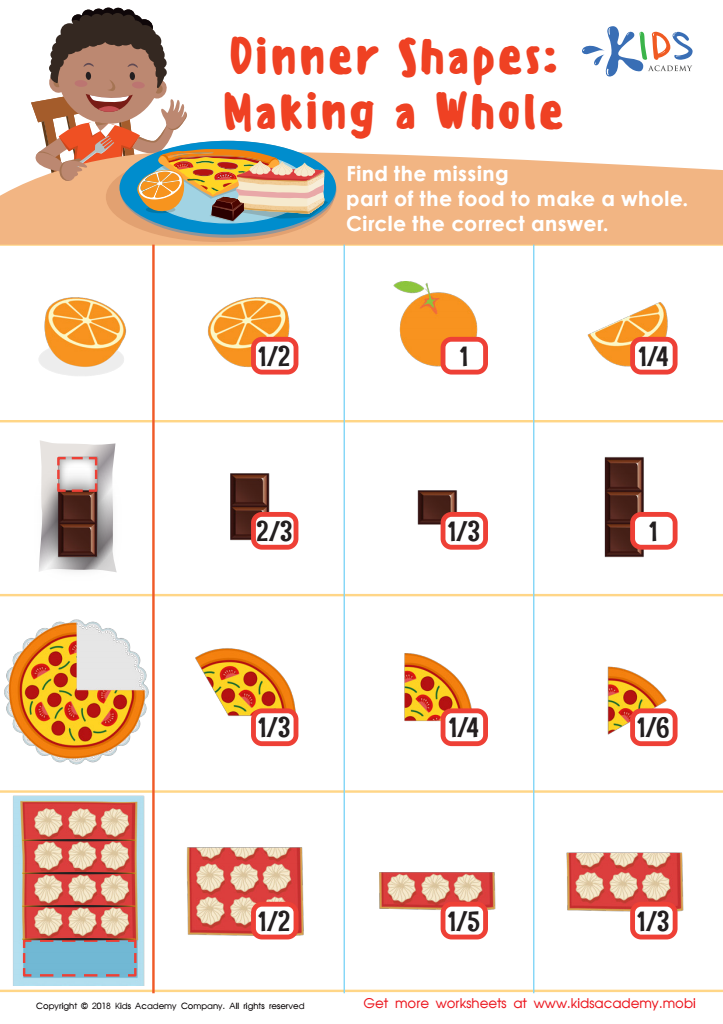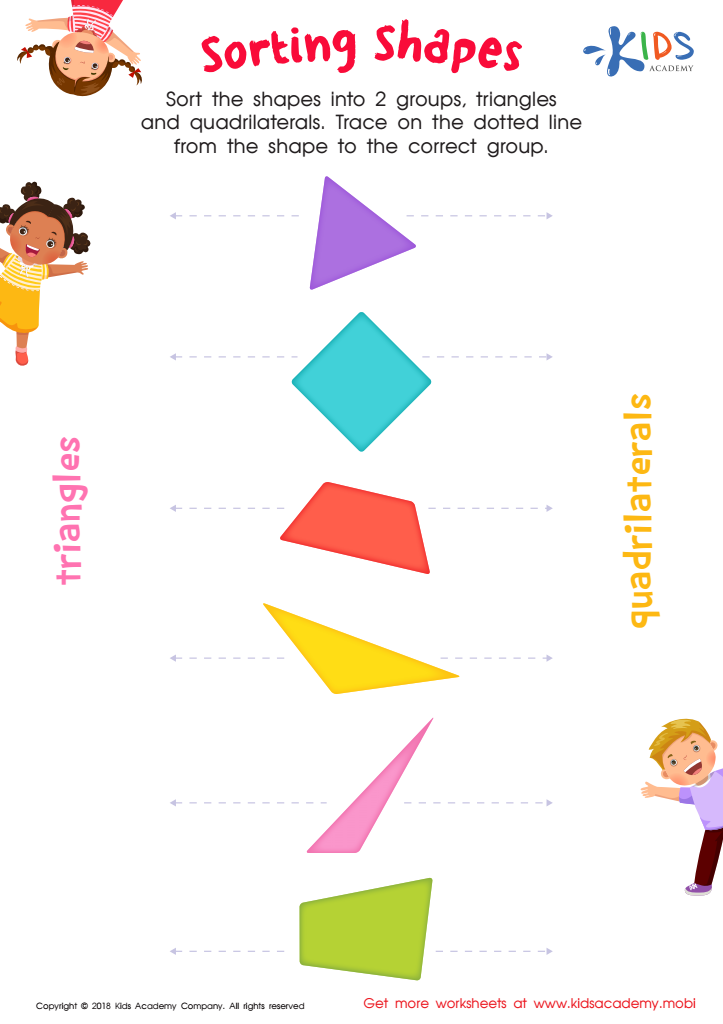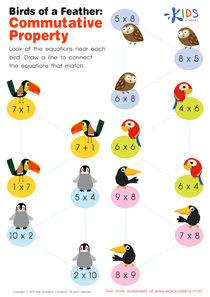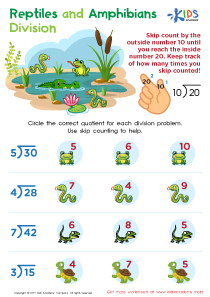Sorting skills Grade 3 Math Worksheets
3 filtered results
-
From - To
Enhance your third grader’s mathematical abilities with our engaging Sorting Skills Grade 3 Math Worksheets! These worksheets are designed to bolster students' understanding of sorting and categorization through interactive activities. By working on these materials, children will learn to classify objects based on size, shape, and other attributes, helping them develop critical thinking and organizational skills. Each worksheet is tailored to align with grade-level standards, ensuring a seamless addition to your child's math curriculum. Discover the joy of learning as your child strengthens their sorting abilities and gains confidence in their math skills. Dive into our collection and spark a love for math today!


Dinner Shapes: Making a Whole Worksheet


Sorting Shapes Worksheet
Sorting skills are a foundational aspect of math education, particularly in Grade 3, where students begin to develop critical thinking and organizational abilities. Parents and teachers should care about these skills because they facilitate a deeper understanding of mathematical concepts. Sorting helps children identify patterns, classify items, and understand relationships among different elements, which are essential skills not only in math but in everyday life.
Moreover, sorting skills enhance cognitive development by encouraging students to think critically about how to group and categorize data. This process of classification fosters analytical thinking, allowing children to make connections between different sets of information, paving the way for more complex operations such as addition, subtraction, and problem-solving.
Furthermore, sorting activities can make math engaging and enjoyable. They can be integrated into playful activities, fostering a positive attitude toward learning. When children master sorting, they become more confident in their abilities, leading to a stronger mathematical foundation as they progress to more advanced concepts in later grades.
Ultimately, developing sorting skills in Grade 3 translates into lifelong skills, preparing children to navigate both academic challenges and real-world scenarios successfully. Parents and teachers play a critical role in nurturing these essential skills, ensuring children's future success in math and beyond.

 Assign to My Students
Assign to My Students

















